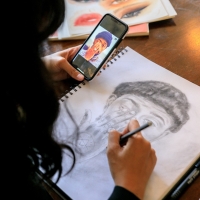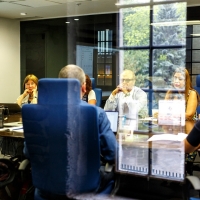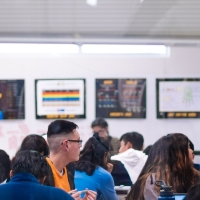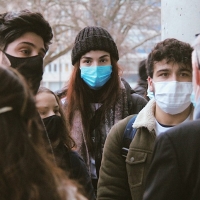Director and Founder of the Canadian Practitioners Network for the Prevention of Radicalization and Violent Extremism (CPN-PREV, funded by Public Safety Canada)
This evidence-based network aims to address violent radicalization in Canada by recommending and highlighting effective practices in a variety of fields and by creating a community of experts from a variety of practical backgrounds. This is done through systematic reviews that include mapping available services in Canada to determine what practices are effective and why, as well as organizing projects and events that strengthen connections between members of communities of practice from all backgrounds (e.g., community work, education, social work, law enforcement, etc.). Thus, education is at the heart of its mission, which is defined by a goal of ongoing personal and professional development for all those working in a practical way to prevent radicalization, based on their experience and research.
This training is not limited to communities of practice, c also generates accessible content such as videos, posters and newsletters for the general public. In addition, the CPN-PREV team works with members of the student community who are not yet in the field to connect them with different people from the fields of research, practice, and policy to help them develop and share their own ideas. In addition, the tools and field knowledge that Ghayda Hassan develops and organizes through this network are added as contributions to the UNESCO-PREV Chair, of which she is a co-holder with Vivek Venkatesh, David Morin and Marie-Ève Carignan, also members of the CSLP.
Researcher: Ghayda Hassan














